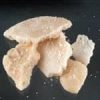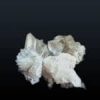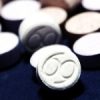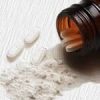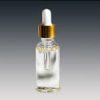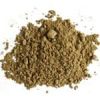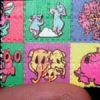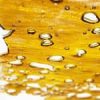Some Information Morphine’s Origin
Morphine belongs to a group of drugs known as opiates and is made with raw opium from the poppy plant (Papaver somniferum). It is a painkiller and is an effective drug for pain relief. It treats moderate to severe pain and severe coughs and can develop into morphine addiction.
The drug was first isolated in 1804 by the German pharmacist Friedrich Wilhelm Adam Sertürner, who named it “morphium” after Morpheus, the Greek god of dreams. But it was not until the development of the hypodermic needle (1853) that its use spread. It comes in liquid, tablet, capsule, suppository, or injectable forms.
Its Effects on the Person
The drug directly affects the central nervous system. Its euphoric effects can be highly addictive. Tolerance (the need for higher and higher doses to maintain the same effect) and physical and psychological dependence develop quickly. Its effects include but are not limited to:
- Relief of pain
- Impairment of mental and physical performance
- Relief of fear and anxiety
- Euphoria
- Decreases in hunger
- Inhibits the cough reflex
- Constipation
- Reduces sex drive
- Interferes with the menstrual cycle
Morphine Addiction Withdrawal
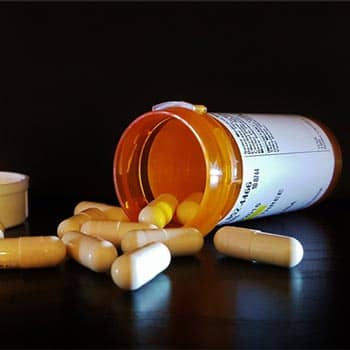
The drug was first used medicinally as a painkiller and, erroneously, as a cure for opium addiction. It quickly replaced opium as a cure-all recommended by doctors. It became a recreational drug and was readily available from drugstores or by mail. It was used during the American Civil War as a surgical anesthetic and was sent home with many wounded soldiers for relief of pain. At the end of the war, over 400,000 people had the “army disease,” Morphine addiction. The Franco-Prussian War in Europe had a similar effect.
Withdrawal symptoms are as follows:
- anxiety
- depression
- difficulty getting to sleep and staying asleep
- dizziness
- drug craving
- feelings of being generally unwell (malaise)
- panic attacks
- restlessness
- suicidal thoughts
- sweating
- tremors
- yawning
- abdominal cramps
- diarrhea
- dilated pupils
- flu like symptoms such as sneezing, runny nose, weakness, body ache and chills
- goose bumps
- heightened sensitivity to pain
- increased blood pressure
- increased heart rate
- itching
- muscle cramps
- nausea and/or vomiting
- restless legs syndrome
Morphine crosses the placental barrier, and babies born to mothers abusing the drug go through withdrawal.
Overdose Symptoms
- Constricted, pinpoint, or small pupils (black part of the eye)
- decreased awareness or responsiveness
- extreme drowsiness
- fever
- increased blood pressure
- increased thirst
- lower back or side pain
- muscle cramps or spasms
- muscle pain or stiffness
- no muscle tone or movement
- severe sleepiness
- swelling of the face, fingers, or lower legs
- weight gain
If any of these overdose symptoms occur, get emergency help immediately.
Morphine Addiction & Detoxification
Self-detoxification can be extremely dangerous. Withdrawal can cause physical and emotional trauma, including stroke, heart attack, and even death. Some withdrawal specialists will use methadone to ease the symptoms. The outcome of methadone treatment can end with the individual acquiring an addiction to methadone.
Home or outpatient detox rarely succeeds in breaking the cycle of addiction. The addicted can expect a long list of withdrawal symptoms (as mentioned above) to occur as they attempt a detox. The worst-case scenario in detoxification is the creation of an additional addiction to depressants used to counteract the symptoms.
On Detox
One of the best ways to get off the drug is to do it cold turkey (ending use abruptly without the aid of other drugs or medications) at an inpatient drug rehabilitation center. Residential drug rehab centers help keep the addicted person focused on recovery and away from the normal stresses of living. It also removes them from the routines of their addiction so they can recover. The environment is crucial since many factors greatly inhibit the addicted person’s ability to recover successfully.
List of Drugs
REVIEWS

Marc J. Bernard
Author,
Substance Use Disorder & Recovery Professional,
Referral & Consultation Counsellor


